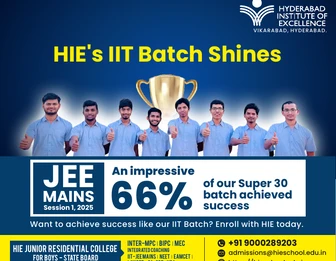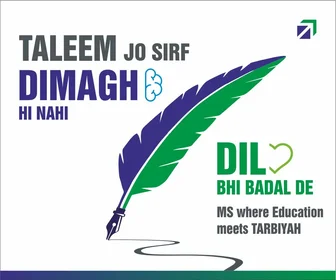
New Delhi: The Supreme Court has said social media users should be careful about its impact and reach as it dismissed a petition filed by actor and former Tamil Nadu MLA S Ve Shekher who is facing cases for sharing a Facebook post in 2018 allegedly containing derogatory remarks against women journalists.
A bench of Justices B R Gavai and P K Mishra was hearing a plea filed by Shekher against the July 14 order of the Madras High Court which had dismissed his petition seeking quashing of criminal proceedings relating to the post shared by him.
“If one uses social media, then he should be more careful about its impact and reach,” the bench told the advocate representing the petitioner.
The lawyer argued that Shekher had put some medicine in his eyes on the date of the incident due to which he could not read the contents of the post which he shared.
The bench observed that one has to be careful while using social media.
It said if someone finds it essential to use social media, then he should be ready to face the consequences also.
In its order, the HC had noted Shekher is said to have “published/circulated an abusive, derogatory and vulgar comment in his Facebook account” on April 19, 2018 after which a complaint filed before the Chennai Commissioner of Police.
It had noted that an FIR was registered in the matter and other private complaints were also filed against him in various parts of Tamil Nadu.
Before the high court, Shekher’s counsel had argued that he was not aware of the contents of the message that was sent to him and had merely forwarded the same from his Facebook account.
His counsel had said that after coming to know of the derogatory remarks contained in the message, Shekher removed the contents within a couple of hours on the same day and had followed it up with a letter dated April 20, 2018 whereby he had tendered an unconditional apology to the concerned women journalists and also to the media.
The high court had noted in its order that the counsel had submitted that during the pendency of matter, the petitioner was directed to file an affidavit tendering an apology which he did.
“A careful reading of the contents of the message that was forwarded from the Facebook account of the petitioner on April 19, 2018, showcases women journalists in a poor light. This court is very hesitant to even translate the message that was forwarded by the petitioner since, to say the least, it is despicable. The contents are highly derogatory against the press as a whole in Tamil Nadu,” the high court had said.
It had further said, “We live in an era where social media has virtually taken over the lives of every individual in the world. A message sent/forwarded in the social media can reach the nook and corner of the world in no time.”
The high court had said that considering the stature of the petitioner, he was expected to be more responsible while giving statements or forwarding messages.
“A message that is sent or forwarded in the social media is like an arrow, which has already been shot from the bow,” it had said.


